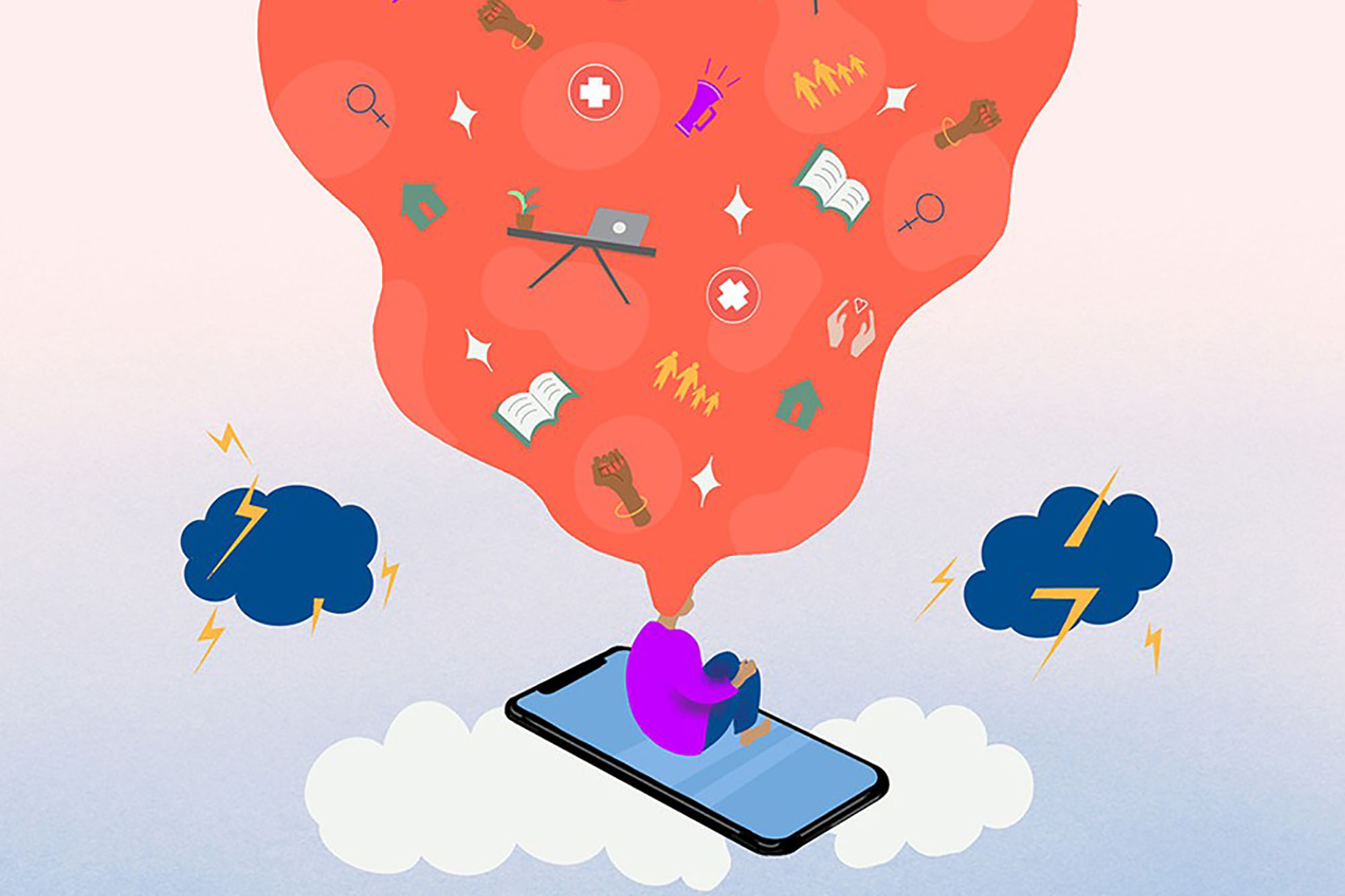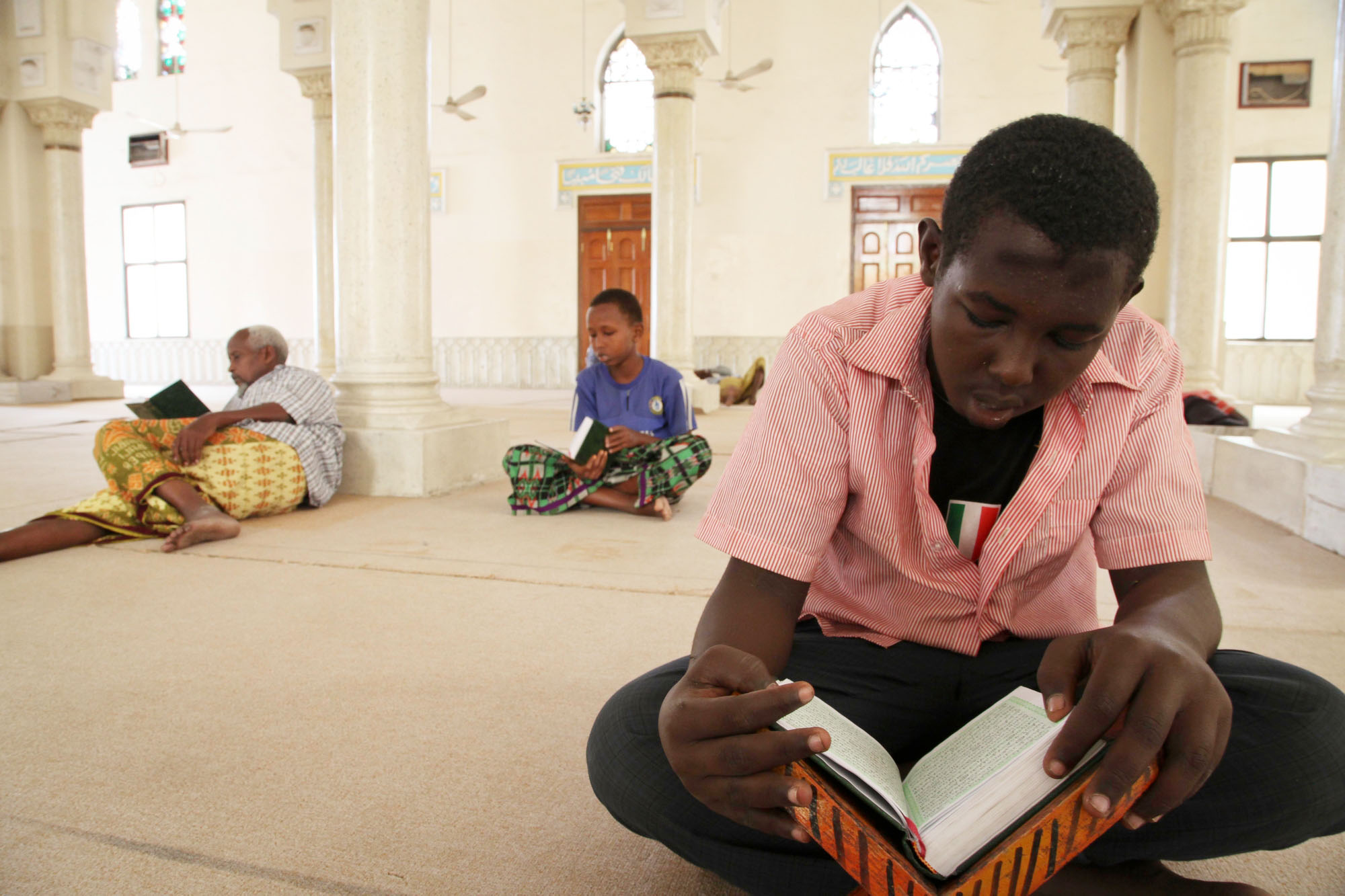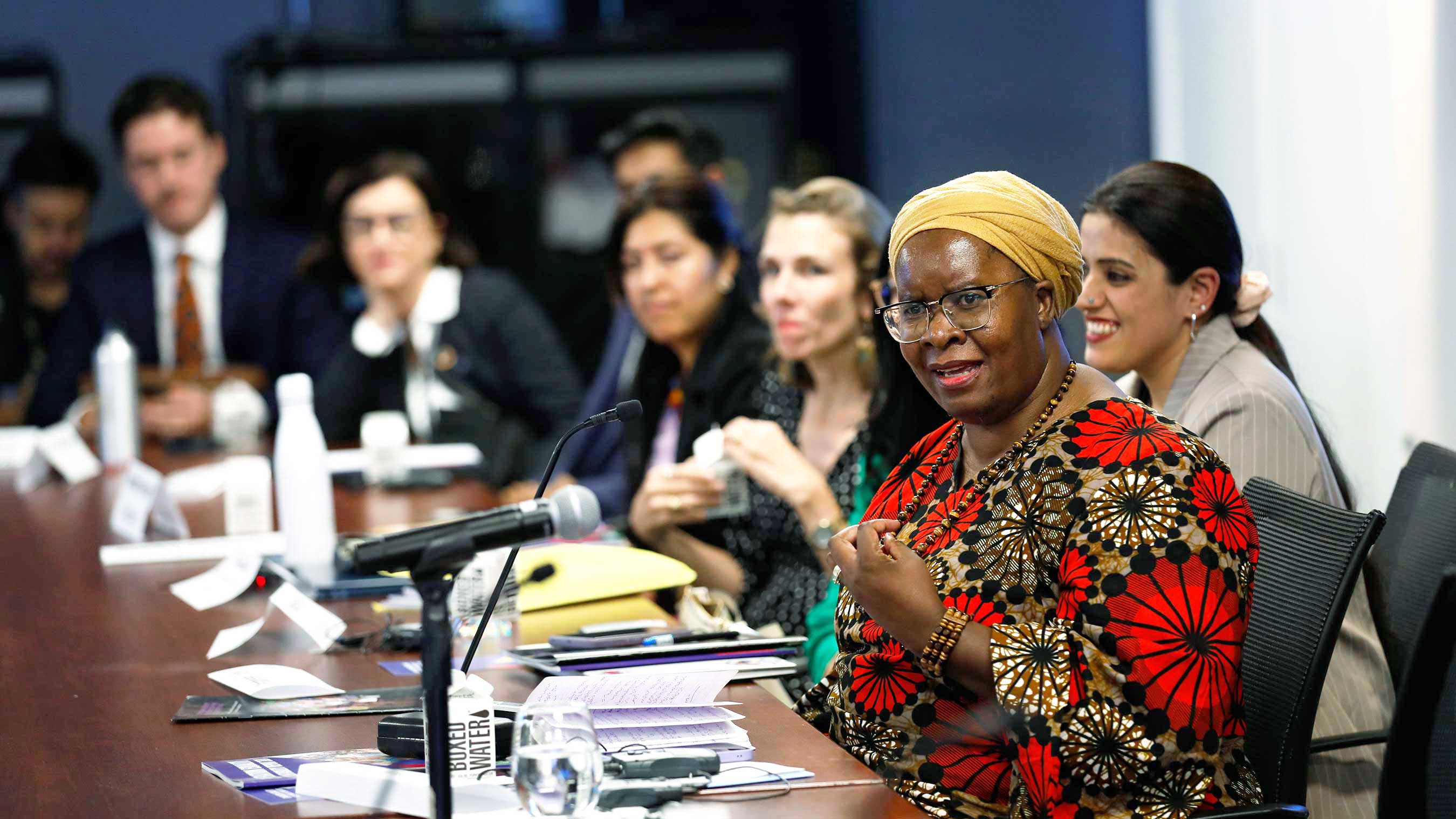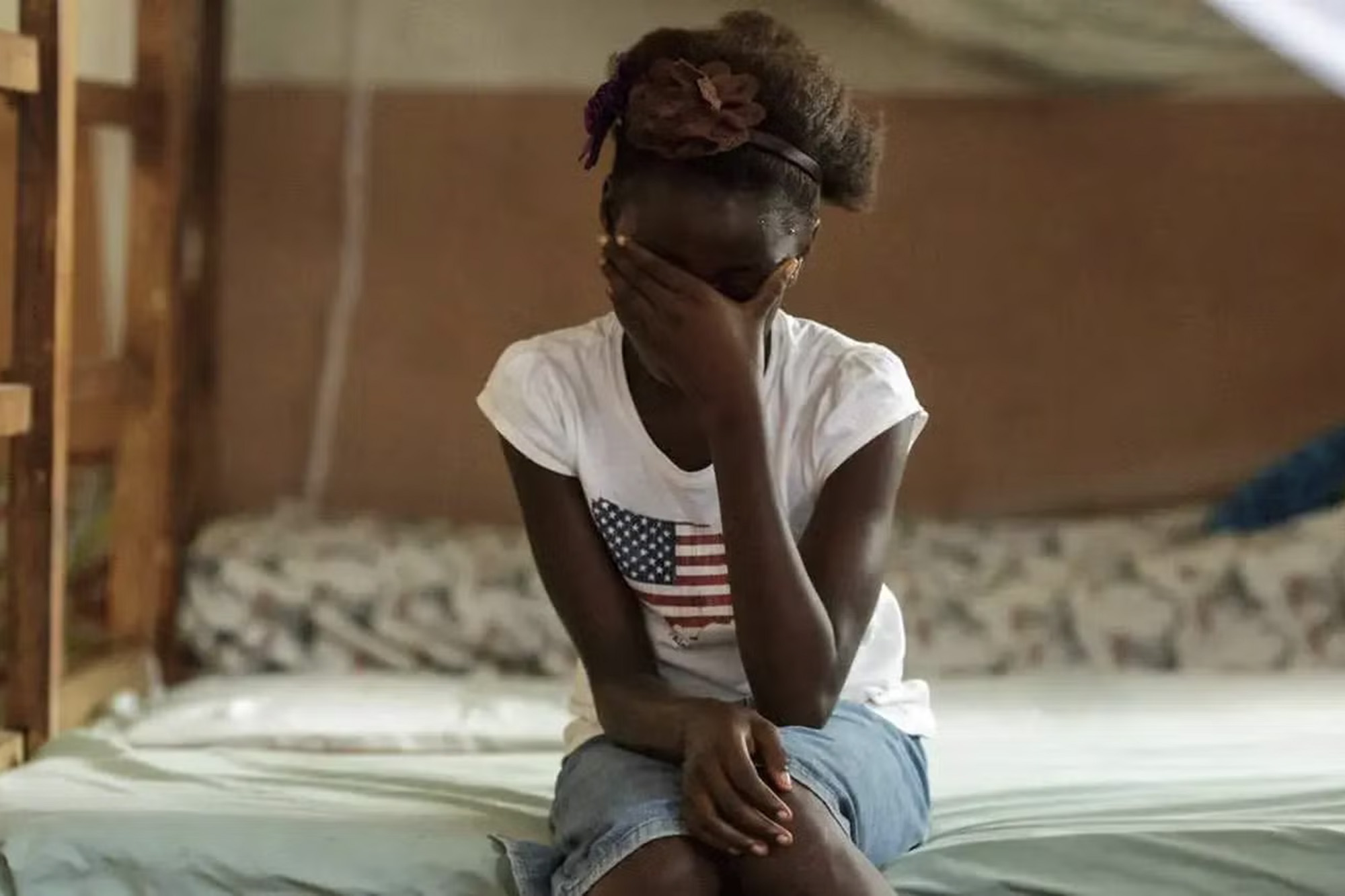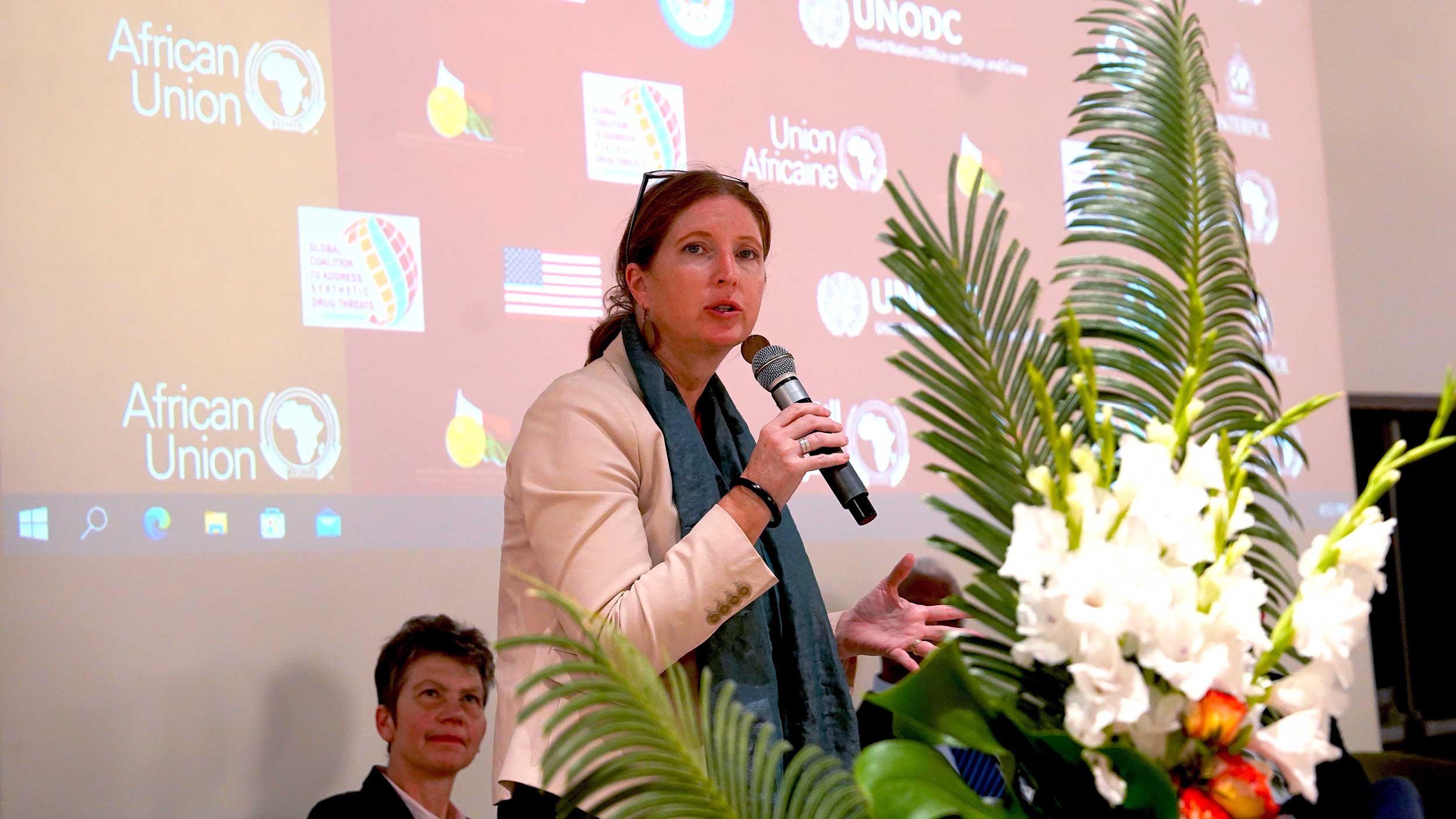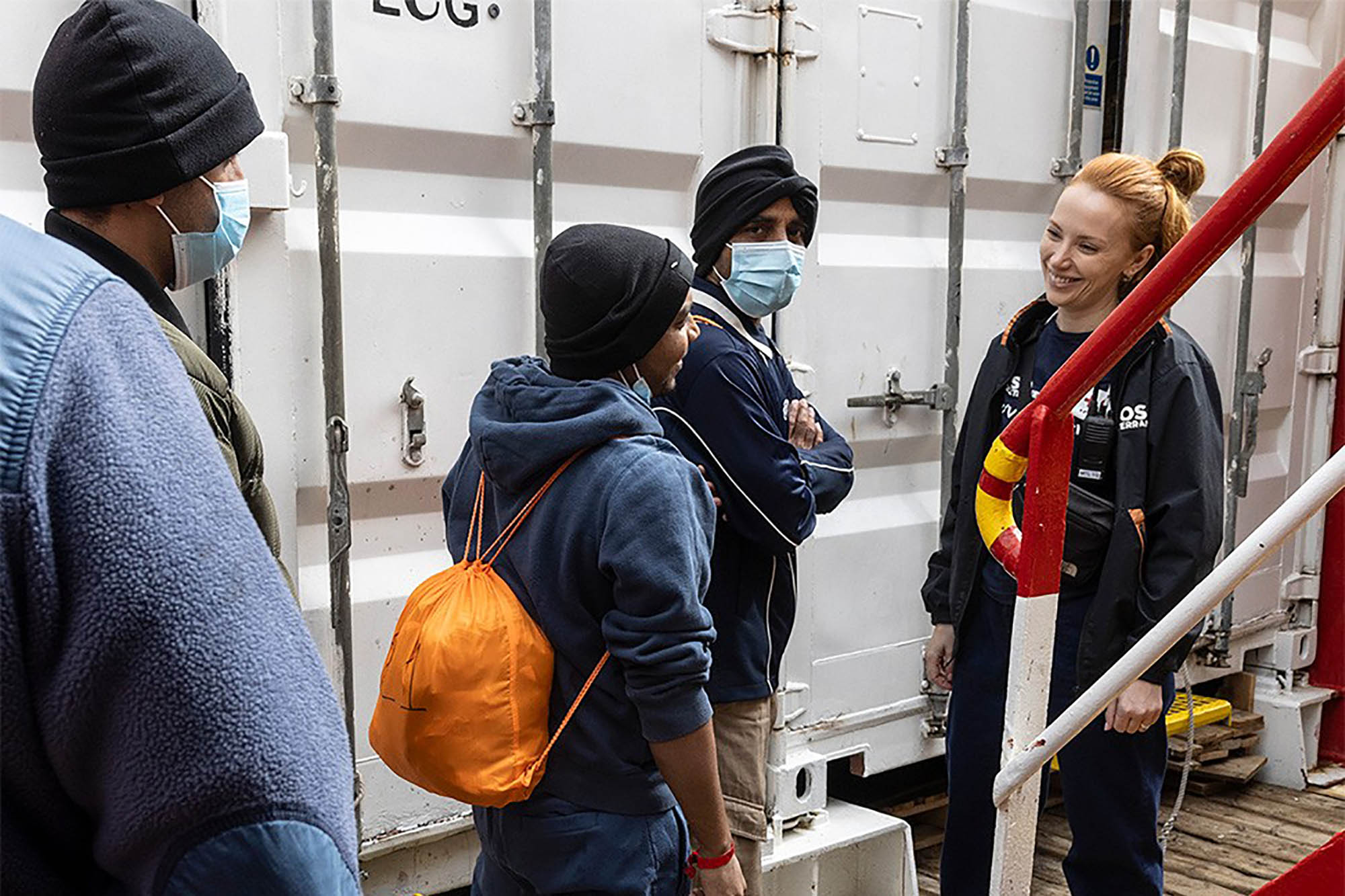The death penalty has no place in the 21st century, affirms the UN Human Rights Chief Volker Türk citing its contribution to wrongful executions. Speaking at the Human Rights Council panel in Geneva, he highlighted the Global South's leadership in the movement to abolish capital punishment, driven by legal reforms and judicial interventions. Despite this progress, 2023 saw a 31% increase in executions, with 1,153 recorded in sixteen countries, primarily in Iran, Saudi Arabia, Somalia, and the U.S. Türk noted that over 40% of executions were for drug-related offenses, mostly in Iran. He stressed the judiciary's critical role in interpreting the law to favor abolition, referencing Malawi's and Malaysia's recent reforms.
Human Rights
One hundred and one UN personnel serving the world’s most vulnerable persons were arrested or detained in 2024, while fifty-two remain in detention. But that’s not the only threat UN personnel face, as they also suffer abductions, violence, harassment, detention, and more. As attacks on the UN workers keep growing, we call for their immediate release and safe return. The International Day of Solidarity with Detained and Missing Staff Members aims to mobilize action and demand justice to protect UN staff, peacekeepers, as well as our colleagues in the non-governmental community and the press.
Recognizing the atrocities of the transatlantic slave trade is crucial for confronting our history, repairing current injustices, and creating a future that respects dignity and fairness for everyone. It is essential to establish reparative justice measures that confront this past and its ongoing effects recalls the UN Secretary-General for the International Day of Remembrance of the Victims of Slavery and the Transatlantic Slave Trade (25 March). Today, the General Assembly commemorates the Day with Nobel Prize Laureate in Literature Wole Soyinka as keynote speaker. Watch live on UN WebTV.
In Kairouan, central Tunisia, a shelter established by women's human rights defenders provides protection, psychological care, medical consultations, and legal support for women and children who are survivors of gender-based and domestic violence. “Victims are given a safe space to be heard and assessed,” says director Manel Kochat. The center also focuses on economically empowering survivors through vocational training in skills like sewing, pastry-making, and hairdressing, helping them achieve self-sufficiency and escape the cycle of poverty and exploitation. On International Women’s Day, the UN Human Rights (OHCHR) recognized the efforts of women activists and feminist movements in the fight against violence towards women and girls.
Since the Taliban returned to power in 2021, education for girls over 12 has been banned, making Afghanistan the only country where girls cannot attend secondary school. This has affected around 1.5 million Afghan girls, with UNESCO warning that over 4 million could be impacted by 2030 if the ban continues. This setback reverses decades of progress, where girls' primary school enrollment rose from nearly zero in 2001 to 2.5 million in 2021. Even more concerningly, the restrictions are taking a toll on women and girls’ mental health. Despite this bleak situation, UNESCO has been funding and training Afghan media outlets to broadcast educational programs to approximately 17 million Afghans.
Islamophobia is the fear and hatred directed at Muslims, leading to hostility and intolerance, which can manifest as threats, harassment, and violence against individuals and places of worship. This rising bigotry includes racial profiling and discriminatory policies that infringe on human rights and dignity. On the International Day to Combat Islamophobia (15 March), the UN Secretary-General calls on everyone to cooperate to promote equality and human rights. By working together, we can build inclusive societies where individuals can coexist in peace and harmony, regardless of their faith.
UN Human Rights in Mexico supports climate-affected communities, advocating for international standards on housing, food, water, and reparation rights.
Communities are essential to the sustainability of the HIV response and the broader global health efforts, and they remain steadfast committed to their mission: ensuring that all people living with and affected by HIV are treated with dignity and respect. For this reason, on this year’s Zero Discrimination Day (1 March), UNAIDS calls on countries, donors and partners to fulfill their commitments to support communities as they work to build sustainable HIV responses. To meet 2030 HIV targets, sustained investment in community-led responses is crucial.
In 2023, paramilitary forces entered the town of Geneina in West Darfur, Sudan and people fled. When that happened, 41-year-old Daralssalam was nine months pregnant and went into labour on the side of the road. The fighters "made no distinction between men, women or children", says crying as she recalls the violence. "Everyone was killed or raped." When she gave birth, fighters surrounded her. "A fighter took my baby and cut the umbilical cord," she says. They separated the baby's legs to check its genitals. "If it was a boy, they would kill it." Fortunately, the baby was a girl. The war between the Sudanese Armed Forces (SAF) and the paramilitary Rapid Support Forces (RSF) continues to displace millions. UNFPA has visited displacement camps in Sudan, Chad and the Central African Republic, hearing the stories of women and girls living in war.
“More and more conflicts are shattering lives, livelihoods and our shared future,” said UN Human Rights Chief Volker Türk in the General Assembly of ACT Alliance, a global faith-based coalition organized in national and regional forums operating in more than 120 countries. He stressed the need for a bottom-up transformation involving governments, religious leaders, and civil society to foster social cohesion and human dignity. Emphasizing equal rights for all individuals, regardless of belief, Türk called for inclusive faith literacy and holistic human rights education to counter hate. UN Human Right’s “Faith for Rights” framework, established in 2017, encourages religious leaders to uphold universal rights and promote peaceful coexistence.
“Peace is a prerequisite. It's so critical for development… for unleashing the potential of the little girls. Peace is so important for enabling mothers, widows to give the best they can.”
Having grown up in war-torn rural Zimbabwe, Nyaradzayi Gumbonzvanda overcame extreme hardship to pursue a career at the highest levels of the United Nations. Now UN Assistant Secretary-General, and one of two deputy executive directors of UN Women, she wants little girls everywhere to aspire to the same heights.
“Never let your circumstances determine your future. They are just a stepping stone to who you truly are.”
UN Women works to uphold women’s human rights and ensure that every woman and girl lives up to her full potential. In this episode, Nyaradzayi reflects on a childhood touched by war, poverty and disease, on a lifelong love of learning, and on how a recent accident gave her a new perspective on inequality.
Photo: ©UN Women/Ryan Brown
Female genital mutilation (FGM) is a human rights violation that causes lifelong suffering for millions of women and girls. It is a harmful practice that persists due to cultural norms and myths. There are no health benefits and survivors are left with long-lasting trauma. Estimates show 230 million girls and women have undergone FGM, a rise of 15% in the last eight years. The increase is due to population growth in the regions where FGM is most common, such as sub-Saharan Africa and the Arab States. By 2050, the number of girls born each year in these regions is expected to grow by 62 per cent.
“When I came here, I saw others, I listened to their stories, and it gave me power to convert weakness into strength,” said Swastika Mali, a Nepalese paralegal and activist at Advocacy Forum Nepal, whose father was disappeared over 20 years ago. Co-organized in Geneva, Switzerland, by the Convention against Enforced Disappearances Initiative, the Committee on Enforced Disappearances (CED), the Working Group on Enforced or Involuntary Disappearances, and UN Human Rights, the first World Congress on Enforced Disappearances united 720 participants from more than 120 countries and 1,392 attendees online. The event, which primarily gathered relatives of the disappeared, provided a platform to share experiences, challenges, and best practices. It also marked a crucial step in shaping a collective path toward justice, truth, reparation, and the prevention of future disappearances.
"[T]his is another place where the UN can play a role in bringing that public private connectivity together"
Carmen Corbin dreamt of serving with the United Nations from an early age. Now head of Transnational Organized Crime, Illicit Trafficking and Terrorism Prevention programmes at the Office on Drugs and Crime (UNODC) in East Africa, she is dedicated to protecting children from shocking online exploitation.
“We won't know who is real and who is not real. We can't keep up. All of us, in some way, shape or form, will potentially suffer from the fact that we won't be able to trust anyone that we meet, because you're never sure if that person is truly who they say they are.”
The UNODC supports law enforcement efforts in tackling all transnational organized crime and counter terrorism, including cybercrime. In this episode, Carmen reflects on the challenges of overseeing a wide portfolio, on the psychological strain of prosecuting the worst kinds of cybercrimes and shares her advice for a successful international career.
Photo: ©Glory Ndaka
Many migrants and refugees are forced to flee their homes due to complex issues, facing violations of both civil and political rights, such as arbitrary detention and torture, as well as economic and social rights. Discriminatory laws and xenophobia often drive these violations and persist in host countries. The Ocean Viking is a search and rescue vessel for migrants in the Central Mediterranean operated by SOS Méditerranée, a humanitarian organization responding to the shipwreck crisis in the region. Rebecca, a midwife on the Ocean Viking emphasizes that the situation has become so politicized that people on the move are often seen as problems rather than individuals, leading to their dehumanization.




